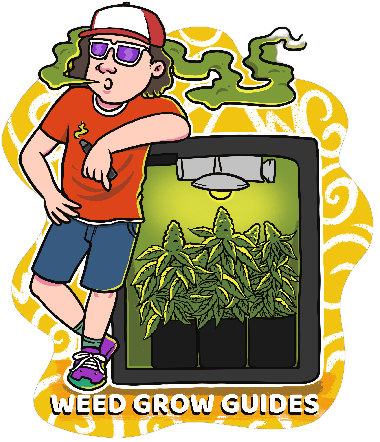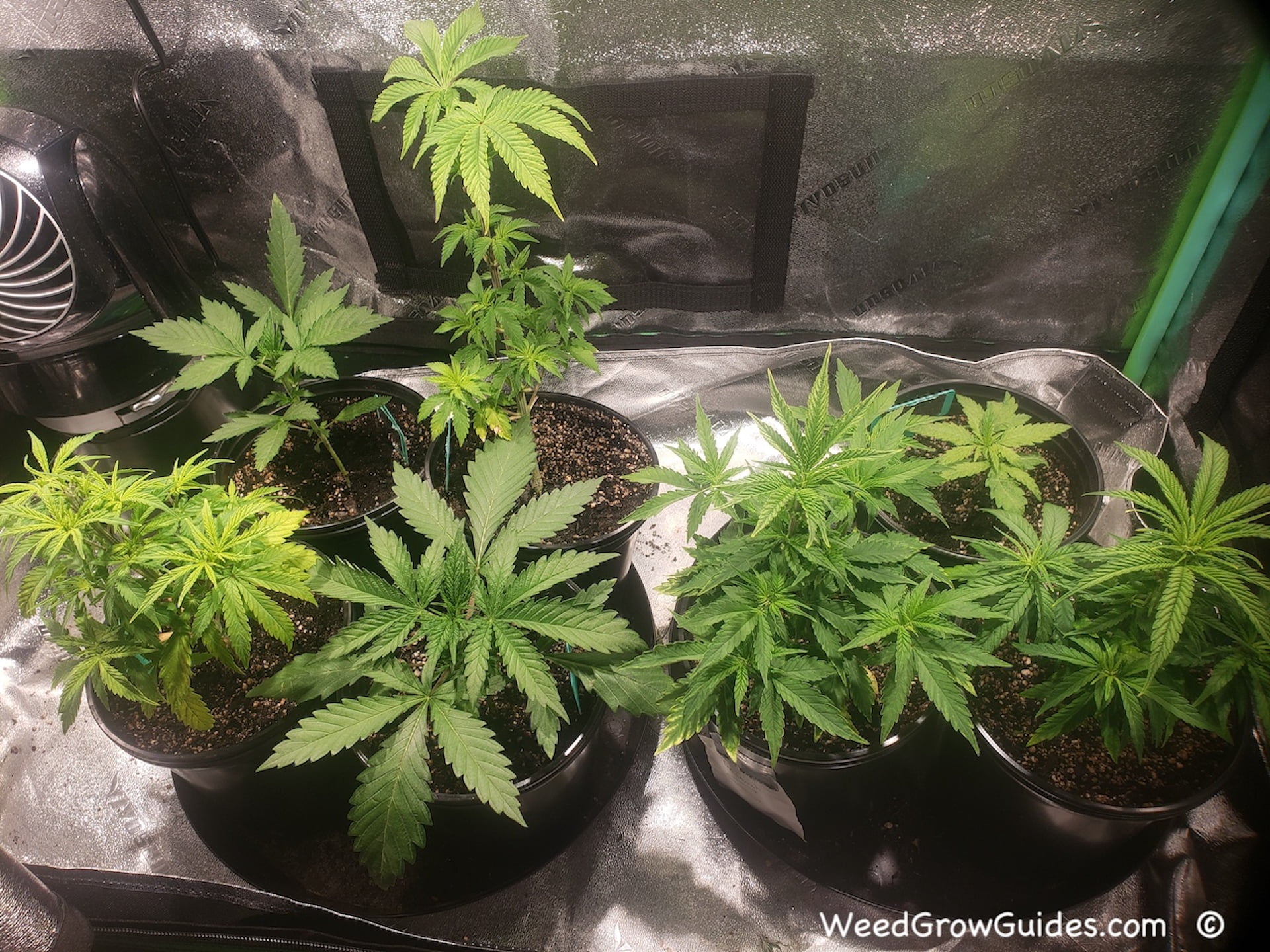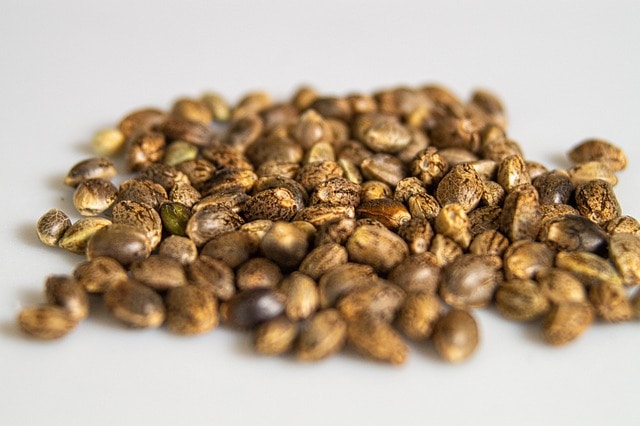As the cannabis industry continues to expand and gain acceptance, it’s crucial for enthusiasts and newcomers to familiarize themselves with the various cannabis terminology associated with cannabis. Understanding cannabis terminology helps individuals navigate the world of strains, compounds, and effects, enabling informed decisions and discussions. In this article, we will delve into the essential cannabis terms, including strains, THC, CBD, terpenes, and cannabinoids, providing a comprehensive guide for readers seeking clarity in the cannabis lexicon.
Strains: The Backbone of Cannabis Diversity
Strains refer to the different varieties of cannabis, each characterized by its unique combination of cannabinoids, terpenes, and other compounds. These variations influence the overall effects and medicinal properties of the plant. Indica, Sativa, and Hybrid are the three broad categories of cannabis strains, each offering distinct experiences and benefits. Indica strains are often associated with relaxation and sedation, while Sativa strains tend to provide energizing and uplifting effects. Hybrid strains, as the name suggests, are a blend of both, offering a balanced experience.

THC: The High-Inducing Cannabinoid
THC, short for delta-9-tetrahydrocannabinol, is one of the most well-known cannabinoids found in cannabis. It is responsible for the psychoactive effects commonly associated with the plant. When consumed, THC interacts with the endocannabinoid system in the body, binding to receptors and producing a euphoric “high” sensation. THC also possesses potential therapeutic properties, such as pain relief and appetite stimulation, making it a sought-after compound for medicinal cannabis users.
CBD: The Non-Psychoactive Wonder Compound
Cannabidiol (CBD) is another prominent cannabinoid found in cannabis, known for its non-intoxicating nature. Unlike THC, CBD does not produce a “high” effect but offers various potential therapeutic benefits. CBD has gained significant attention for its reported anti-inflammatory, analgesic, and anxiolytic properties. It is widely used in products such as oils, tinctures, and topicals to provide relief from pain, anxiety, and other conditions, all without the psychoactive effects of THC.

Terpenes: Aromatic Compounds with Therapeutic Potential
Terpenes are organic compounds found in cannabis and other plants that give them their distinct aromas and flavors. These compounds not only contribute to the sensory experience but also offer potential therapeutic benefits. Terpenes interact synergistically with cannabinoids, a phenomenon known as the entourage effect, enhancing or modulating their effects. Examples of terpenes commonly found in cannabis include myrcene, limonene, and pinene, each associated with specific effects and potential medicinal properties.
Cannabinoids: Unlocking the Therapeutic Potential
Cannabinoids are a diverse group of chemical compounds found in cannabis, including THC and CBD. However, cannabis contains over a hundred other cannabinoids, each with unique properties and potential therapeutic effects. Some notable cannabinoids include cannabigerol (CBG), cannabinol (CBN), and tetrahydrocannabivarin (THCV). Research suggests that these lesser-known cannabinoids may have anti-inflammatory, neuroprotective, and anti-anxiety properties, contributing to the overall therapeutic potential of cannabis.
Why are These Terms Important
Understanding cannabis terminology is a crucial step in understanding the diverse world of cannabis. Familiarizing oneself with terms such as strains, THC, CBD, terpenes, and cannabinoids allows individuals to make informed decisions when selecting cannabis products and when speaking within the cannabis community. As the cannabis industry continues to evolve, staying updated and knowledgeable about cannabis terminology becomes increasingly important.

By grasping the concept of strains, individuals can make informed choices based on their desired effects, whether it’s relaxation, energy, or a balanced experience. Understanding the distinctions between Indica, Sativa, and Hybrid strains empowers consumers to select cannabis products that align with their preferences and goals.
The knowledge of THC and its psychoactive properties helps demystify the “high” associated with cannabis. By understanding how THC interacts with the body’s endocannabinoid system, individuals can make informed decisions about dosage and consumption methods. Additionally, recognizing the potential therapeutic properties of THC opens up opportunities for exploring its benefits in managing pain, inducing appetite, and addressing other medical conditions.
CBD, on the other hand, has gained tremendous popularity for its non-intoxicating nature and potential therapeutic benefits. Familiarity with CBD allows individuals to differentiate it from THC and choose products that offer relief without psychoactive effects. From anxiety reduction to pain management, CBD has shown promising results and is widely available in various forms to cater to diverse needs. This is why companies like Premium Magic CBD and Seven Point CBD have gained popularity while being able to ship directly to your home.
Terpenes, with their aromatic profiles, add depth to the cannabis experience. Understanding the different terpenes and their associated scents allows individuals to appreciate the intricate flavors and nuances of various strains. Furthermore, recognizing the entourage effect helps individuals appreciate the synergistic relationship between cannabinoids and terpenes, potentially enhancing the therapeutic effects of cannabis.

Cannabinoids extend far beyond THC and CBD, with a wide array of compounds that hold therapeutic potential. Cannabigerol (CBG), cannabinol (CBN), and tetrahydrocannabivarin (THCV) are just a few examples of lesser-known cannabinoids that researchers are exploring for their potential benefits. Keeping up with the latest advancements in cannabinoid research allows individuals to stay informed about the evolving landscape of cannabis science and potential treatment options.
Summary
Remember, whether you’re a cannabis enthusiast or a newcomer, building a solid foundation of cannabis terminology is a step towards unlocking the potential benefits and engaging in informed discussions within the cannabis community. Make sure to check out our other articles and if you want to learn more about growing your own CBD or weed at home check out our “Growing Marijuana” basics page.












